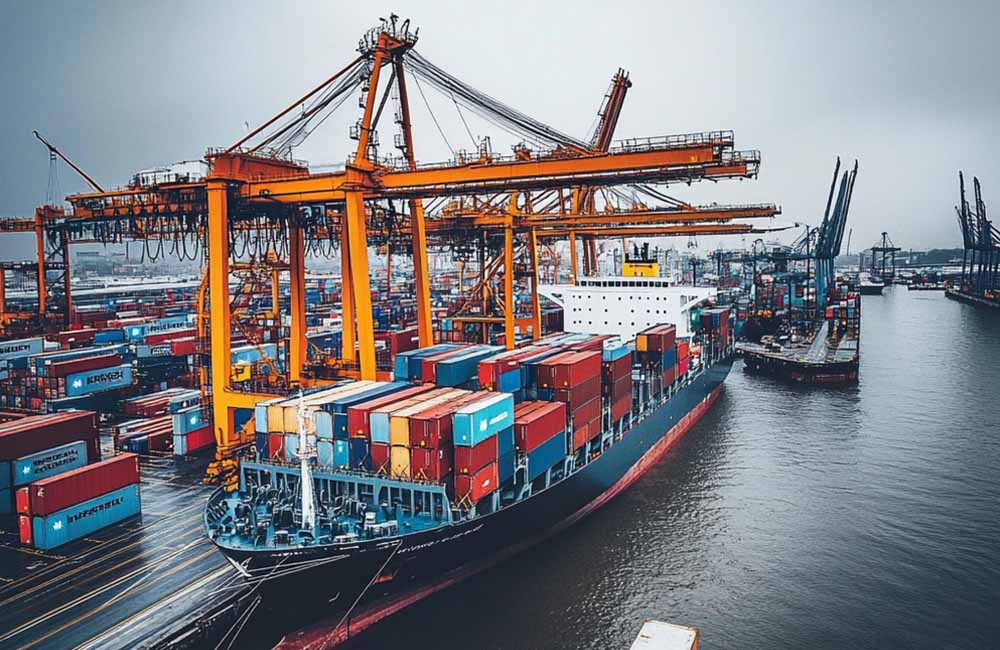Businesses and supply chains worldwide continue to face significant disruptions in sea freight. BAXTER FREIGHT, your Connecta partner in the United Kingdom, shares insights on these challenges. The ripple effects of global issues, dating back to the COVID-19 pandemic, continue to impact international trade, particularly for goods transported from the Middle East and Asia. Rising costs, container shortages, and limited shipping vessel availability remain ongoing obstacles.

As global trade began to recover, new challenges emerged, including the Suez Canal blockage, severe droughts impacting the Panama Canal, and devastating attacks on vessels in the Red Sea. These events forced the rerouting of major trade pathways, resulting in longer journeys that demand more fuel and time.
Even today, the repercussions are evident as shipping lines opt for lengthier but safer routes while grappling with schedule adherence.
Impact on Shipping Routes
Twelve percent of global trade passes through the Suez Canal. However, recent data from the Office for National Statistics (ONS) reveals a staggering 66% decline in traffic compared to the previous year.
In response, leading shipping companies, such as Maersk, have diverted vessels to safer but longer routes around the Cape of Good Hope in southern Africa, adding up to 10 extra days to their journeys and escalating fuel costs by 40%.
The situation has been worsened by recent congestion at the Port of Singapore, which has, in turn, caused delays in Malaysia as a knock-on effect of the Red Sea crisis. Singapore, the world’s second-busiest port, plays a crucial role in global trade by handling more transshipments than any other port.
The Real Impact on Business
A study conducted by the British Chamber of Commerce in February 2024 underscores the severe impact of these disruptions. The research revealed that over half (55%) of UK exporters have been affected by the ongoing issues in the Red Sea, with 53% of manufacturers and business-to-consumer service firms, including retailers, also reporting significant challenges.
At BAXTER FREIGHT, these challenges are keenly felt by the Navigate sea freight team. The team receives constant updates on container shortages and rate increases from overseas agents, highlighting the pressure that heavy demand for goods from China places on already strained shipping vessels.
Jill Anstey, the head of BAXTER FREIGHT‘s Navigate team, emphasizes the difficulties in providing accurate quotes and holding costs steady until the time of booking due to daily changes in vessel schedules, transit delays, and port congestion.
Anstey notes, “We are reminded daily of the necessity for our customers to forward plan and prepare for delays and escalating charges. While we cannot control the rising costs in our marketplace, I work closely with our Aviate air freight and Accelerate road and multi-modal teams to explore alternative solutions that help meet our customers’ supply chain needs.”
For businesses facing these challenging times, BAXTER FREIGHT offers expert guidance. Please visit the BAXTER FREIGHT website for more information. Their team is ready to discuss a range of options to help manage sea freight needs during these ongoing disruptions.